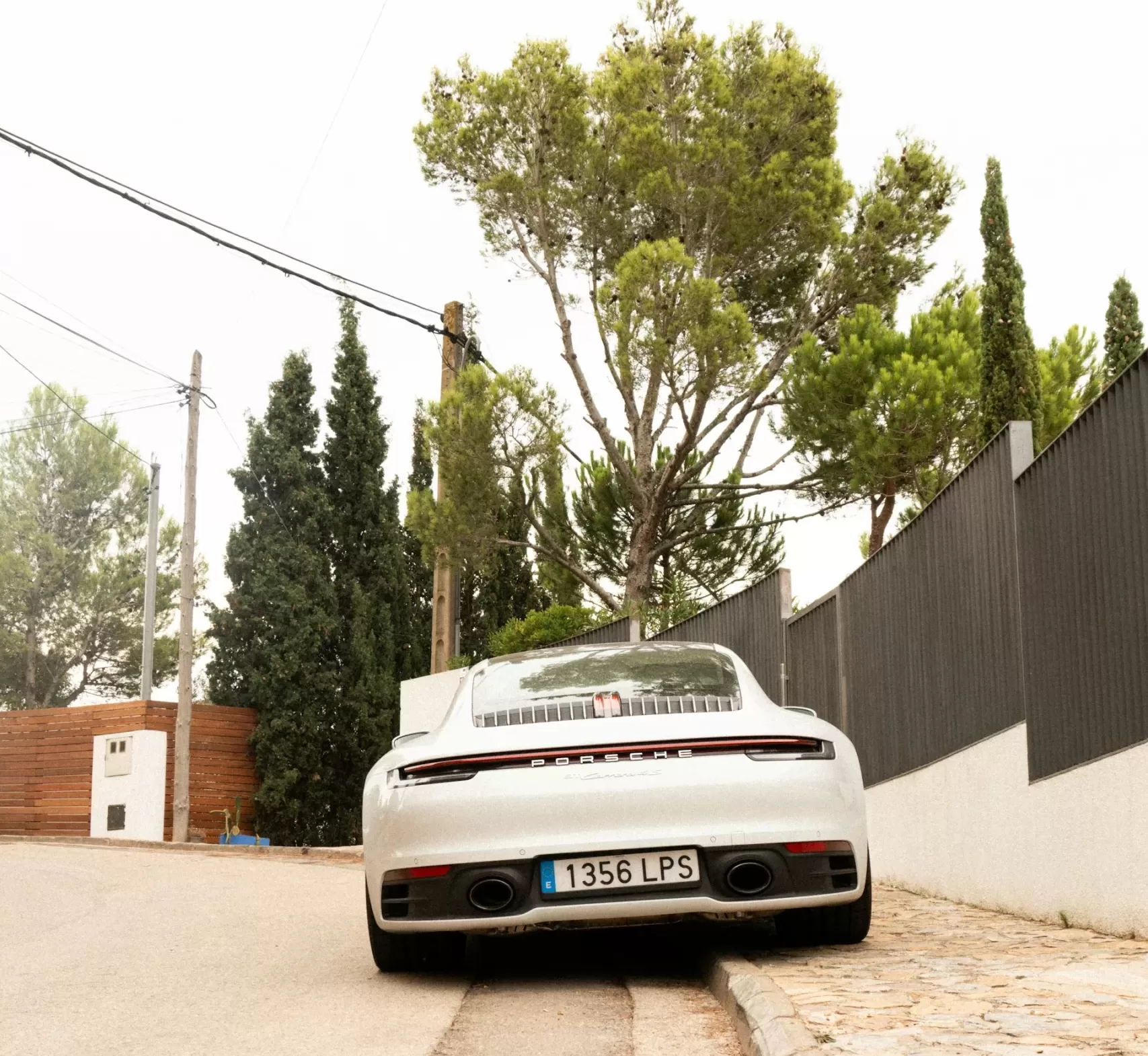
Buying a car in Spain is a practical step for many who are relocating permanently or spending extended time in the country. It offers freedom, convenience, and the ability to explore Spain on your own terms. For British nationals and other non-residents, the process can seem complicated — but it doesn’t have to be. With the right guidance and preparation, purchasing a vehicle and navigating the legal requirements is entirely manageable.
This guide explains everything you need to know about buying a car in Spain, from required documents and taxes to insurance and exchanging your driving licence.
Public transport is widely available in Spain, especially in cities, but many towns and rural areas are less connected. If you’re planning to settle outside of a major urban hub, buying a car in Spain often becomes a necessity rather than a luxury. It gives families flexibility with school runs, shopping, work commutes, and weekend travel.
Additionally, used cars in Spain tend to retain their value well, and resale is straightforward provided you maintain the paperwork and inspections.
To legally buy a car in Spain, you will need to present several key documents. These include:
Having these documents in order before visiting a dealership or private seller will make the process of buying a car in Spain far smoother.
When buying a car in Spain, you’ll need to decide between purchasing new or used.
Used vehicles are often more economical, but it’s important to conduct a proper inspection or bring a mechanic along if you’re unfamiliar with car assessments.
One of the most common concerns for new residents buying a car in Spain is what to do about their driving licence.
If you’re from the UK, you are permitted to drive on your UK licence in Spain for up to six months after becoming a resident. After that, you are required to exchange it for a Spanish driving licence. The same rule applies to many other non-EU countries.
To exchange your licence, you must:
Once approved, you will be issued a Spanish licence and must surrender your original one. This process is straightforward but can take several weeks, so it’s advisable to plan ahead — especially if you’re buying a car in Spain soon after arrival.
When purchasing a car, be aware of the following taxes and costs:
Dealers usually assist with paperwork for new vehicles, while private sales require the buyer and seller to file documents with the traffic office.
Once you’ve completed the purchase, you must secure insurance before driving the vehicle. Insurance policies range from third-party cover to full comprehensive, and rates depend on your age, driving history, and the vehicle itself.
Make sure to:
Yes, non-residents can buy a car in Spain as long as they have an NIE and a local address. Many part-time residents choose to keep a vehicle for use during regular visits. However, they must still follow the same rules regarding insurance, tax, and driving licence requirements.
If you only visit Spain occasionally and are not planning to become a resident, it’s worth considering whether renting a car seasonally may be more cost-effective. But for frequent travellers or those spending several months a year in Spain, buying a car is often a smarter long-term solution.
At Heniam, we help expats navigate the legal and practical steps involved in car ownership — from documentation and driving licence exchange to vehicle checks and insurance setup. Whether you’re buying your first vehicle in Spain or just need help with the paperwork, we’re here to make it simple.
Get in touch today for expert advice tailored to your needs.